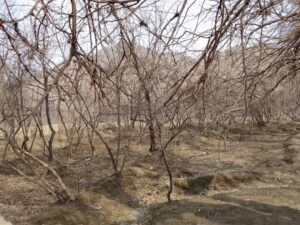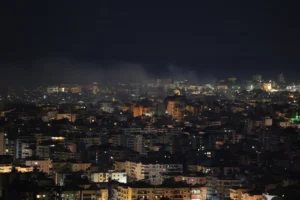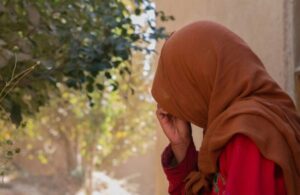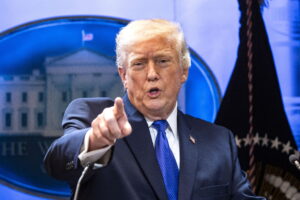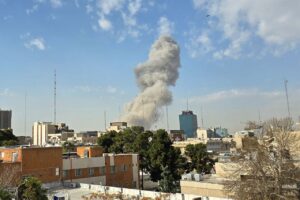KABUL (SW) – National Security Adviser Hamdullah Mohid has said Pakistan’s reported move to cut contacts with him for future diplomatic correspondence would have no effect on relations between the two countries.
Responding to a question during a press conference on Saturday, he charged Pakistan continued to support Taliban and terrorism in Afghanistan.
Pakistan has conveyed to the leadership in Afghanistan it will no longer conduct official business with Kabul’s top national security chief because of his recent “abusive outburst” against Islamabad, highly placed officials and diplomatic sources confirmed to VOA on Friday.
- Mohib floats idea of hosting intra-Afghan talks inside Afghanistan
- Saleh, Mohib dodge WJ’s call for briefing over security affairs
A senior Pakistani official privy to the matter told VOA on condition of anonymity his government lodged a strong protest with the Afghan side and conveyed “deep resentment” in Pakistan over Mohib’s “undignified” remarks.
The official said Kabul has been told Islamabad, henceforth, would not hold bilateral engagements with the Afghan national security adviser. It has also been conveyed “by our side that Afghan side is not serious in engaging with Pakistan, but only in the blame game and degrading Pakistan’s sincere efforts,” the official added.
Political analyst Asif Ashna told Salam Watandar Mohib’s remarks reflected lack of political maturity. He feared this would leave negative impacts on peace process
Another political commentator, Akram Arifi, said the Afghan NSA’s remarks could have little impacts as Pakistan and Afghanistan have long been at odds with each other. “Pakistan continues to supports the Taliban, so there is no change in practice”, he said.
In a public speech earlier this month in eastern Nangarhar province, Mohib not only repeated his allegations but called Pakistan a “brothel house” while referring to the red light district in Lahore. His remarks outraged leaders in Islamabad, who denounced them, saying they “debased all norms of interstate communication.”
He also said the ethnic Pashtuns and Baluchs have stood up for their rights in Pakistan.
ENDS

